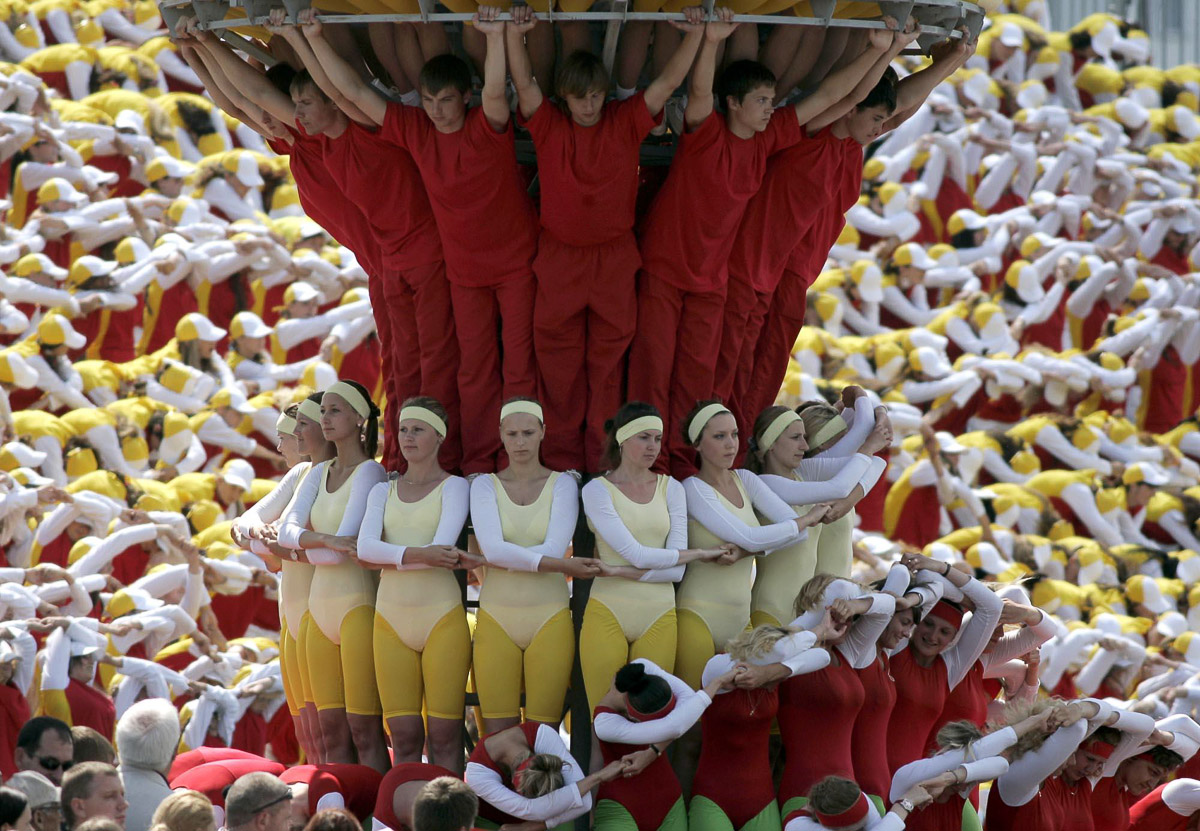Belarusian president reiterates independence and sovereignty talks to relax tension in society
 The situation has not changed
The situation has not changed

Amid lingering recession and falling living standards of the population, the Belarusian authorities focus on threats to Belarus’ sovereignty and independence in order to defuse protest moods in society. The president’s statement is likely to weaken the opposition’s mobilisation efforts. The Belarusian authorities are likely to continue cautious and often inconsistent attempts to weld a nation by promoting Belarus’ independence and strengthening national identity.
Last week, President Lukashenka said that some attempted to question the sovereignty and independence of Belarus.
The president is attempting to ease protest moods in society, which are used by the opposition to mobilise those dissatisfied with the current government policies. Virtually all main opposition alliances, including the centre-right coalition, “Tell the Truth” and the Belarusian National Congress (BNC) said to attempt to engage those affected “by the decree on social parasitism”, who make up a significant part of the population, in some kind of activity.
Official rhetoric about the threat to Belarus’ sovereignty aims to weaken supporters of street protests and determined opponents of the Belarusian authorities. Part of the opposition, led by former political prisoner Nikolai Statkevich seeks to use speculations about ‘Zapad-2017’, a joint Russo-Belarusian large-scale military exercise to mobilise its supporters within the framework of the BNC “regional military commissions”. The arrest of Regnum [Russian news agency] authors, and restricted access to ‘Sputnik and Mayhem’, an odious web site, could also reduce the protest capacity.
Apparently, amid exhausted capacity of the ‘younger brother’ (‘younger sister’) strategy in relation to Russia, the Belarusian authorities started a careful revision of the Belarusian statehood ideological constructs. The authorities’ rhetoric started echoing the rhetoric of the national-democratic opposition as regards the Belarusian sate’s origins. For instance, the authorities plan to erect a memorial sign ‘Polotsk is the cradle of the Belarusian statehood’ in the Vitebsk region, one of the most Russified regions. That said, since the mid-2000s the Belarusian authorities regarded the Great Patriotic War and the election of the first president as major milestones in the Belarusian state formation.
The Belarusian authorities’ actions aimed to strengthen national identity remain cautious. For example, the Belarusian parliament and the government expressed scepticism concerning legislative changes envisaging the mandatory use of the Belarusian language along with Russian by manufacturers, despite strong pressure from civil society activists. Even such cautious steps caused biting attacks by the ‘Russian World’ supporters in Russia.
Overall, the Belarusian authorities seem ready to take over slogans and ideas from their opponents in order to strengthen the sovereignty and independence of Belarus and to weaken the opposition’s influence on the protest social groups.
Subscribe to our newsletter




Situation in Belarus
Constitutional referendum: main consequences


 Video
Video
How to count the political prisoners: are the new criteria needed?


 Video
Video
Paternalism In Decline, Belarusian Euroscepticism, And The Influence Of Russia


 Video
Video












